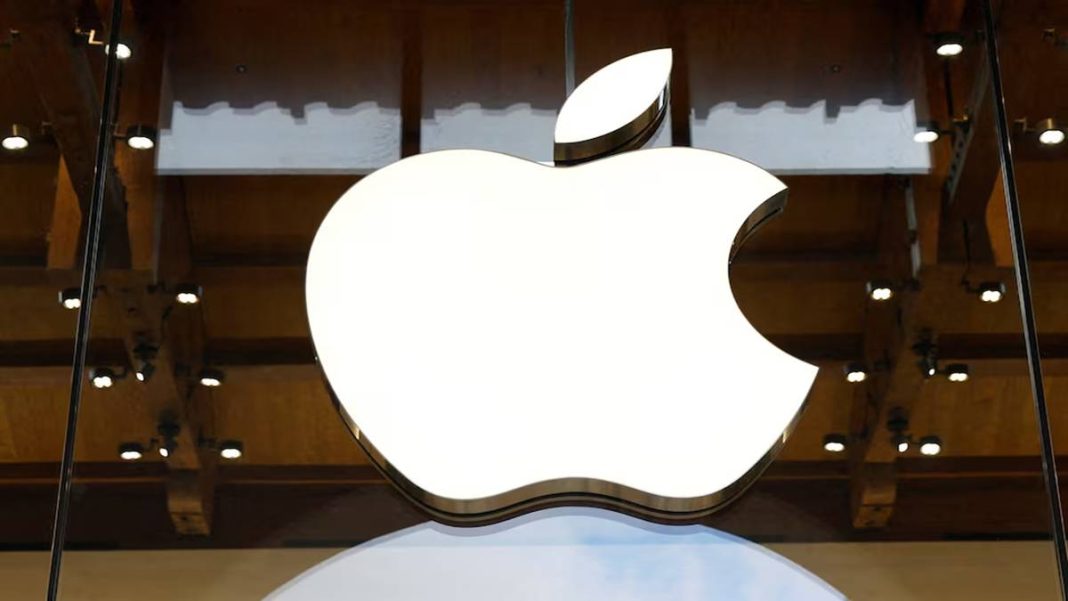Apple Seeks Tax Law Revision in India to Avoid Billions in Potential Liability
Apple is actively lobbying the Indian government to amend a decades-old income tax law that could expose the company to billions of dollars in taxes. The dispute centers on Apple’s ownership of high-end iPhone manufacturing equipment used by its contract partners in India.
Key Takeaways
- Apple faces potential tax liability due to its ownership of manufacturing equipment in India.
- The company’s Indian iPhone market share has doubled to 8% since 2022.
- Contract manufacturers have invested over $5 billion in Indian operations.
- Tax uncertainty could deter further investment in India’s electronics sector.
Apple executives have held talks with Indian officials in recent months, seeking clarity to support the company’s expansion in one of the world’s fastest-growing smartphone markets. This push comes as Apple diversifies its manufacturing base beyond China.
While China still accounts for 75% of global iPhone shipments, India’s share has quadrupled to 25% since 2022, according to Counterpoint Research.
The Core Tax Issue
The controversy stems from India’s Income Tax Act of 1961, which states that foreign companies with a “business connection” in the country could face taxation on their profits. Experts suggest that Apple’s ownership of specialized manufacturing equipment in India could establish such a connection.
“In China, Apple owns the machines and gives them to contract manufacturers without tax liability. But in India, this ownership could trigger a tax on Apple’s global income attributable to Indian operations,” said a senior government official to Reuters.
The legal precedent includes the 2017 Indian Supreme Court ruling against Formula One, which found the UK-based company liable for taxes despite not owning the event venue.
Manufacturing Expansion and Challenges
Apple’s contract manufacturers, including Foxconn and Tata, have invested over $5 billion in Indian operations, establishing five manufacturing facilities. However, the expensive iPhone assembly machines, typically supplied by Apple, represent a financial burden that manufacturers cannot fully bear.
“Contract manufacturers cannot put up money beyond a point,” said one industry leader to Reuters. “If the legacy law is changed, it will become easy for Apple to expand … India can become more competitive globally.”
The Indian government acknowledges the discussions but remains cautious about setting precedents that might limit its taxing authority.
Unlike Apple, Samsung avoids this issue by manufacturing phones in its wholly owned Indian facilities.
Industry Concerns
The India Cellular & Electronics Association (ICEA), representing companies including Apple, has submitted a confidential appeal warning that tax uncertainty could deter further investment and scaling. The organization emphasized that “tax certainty is paramount” and noted equipment costs “can rise to billions of dollars.”




